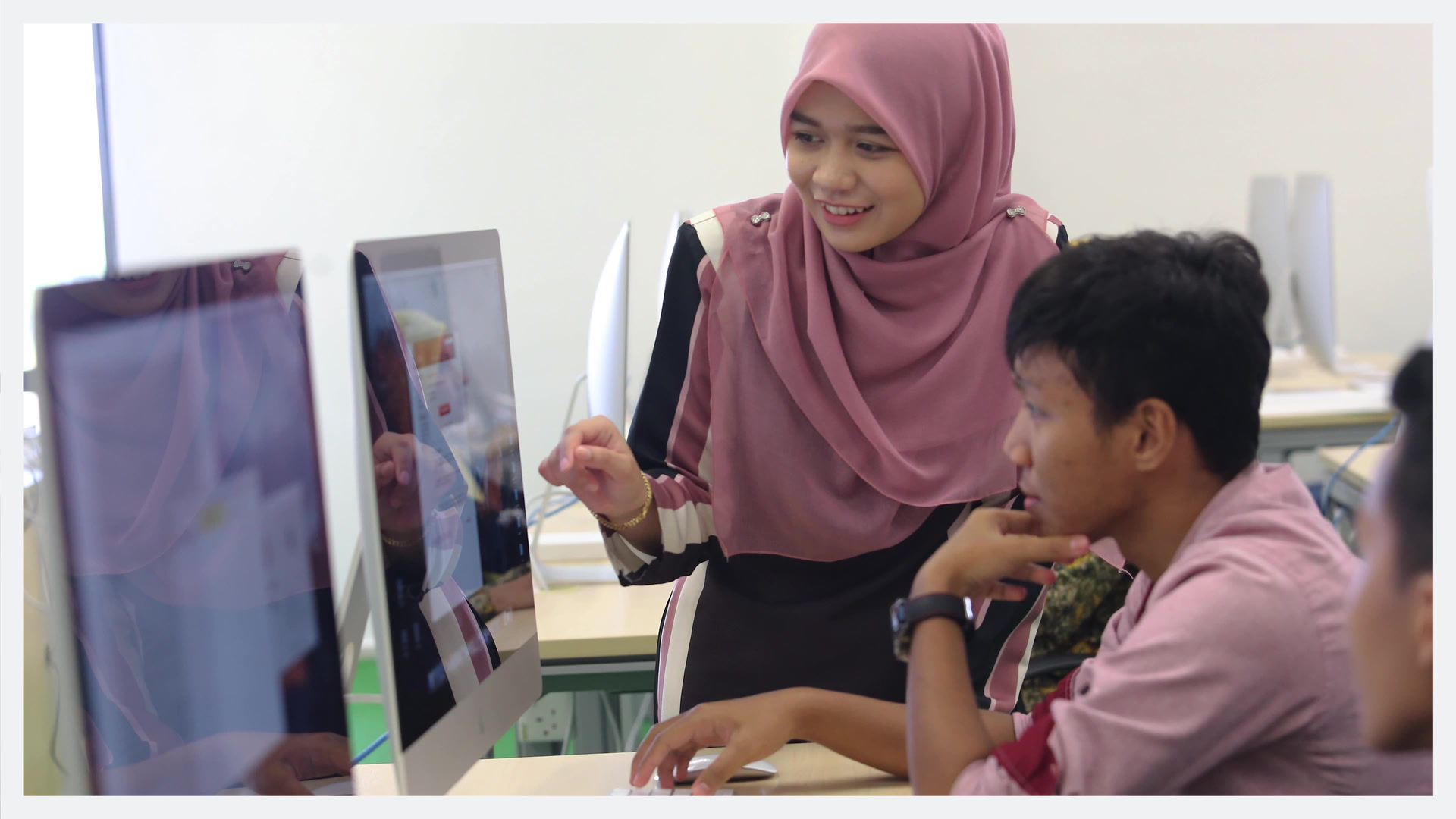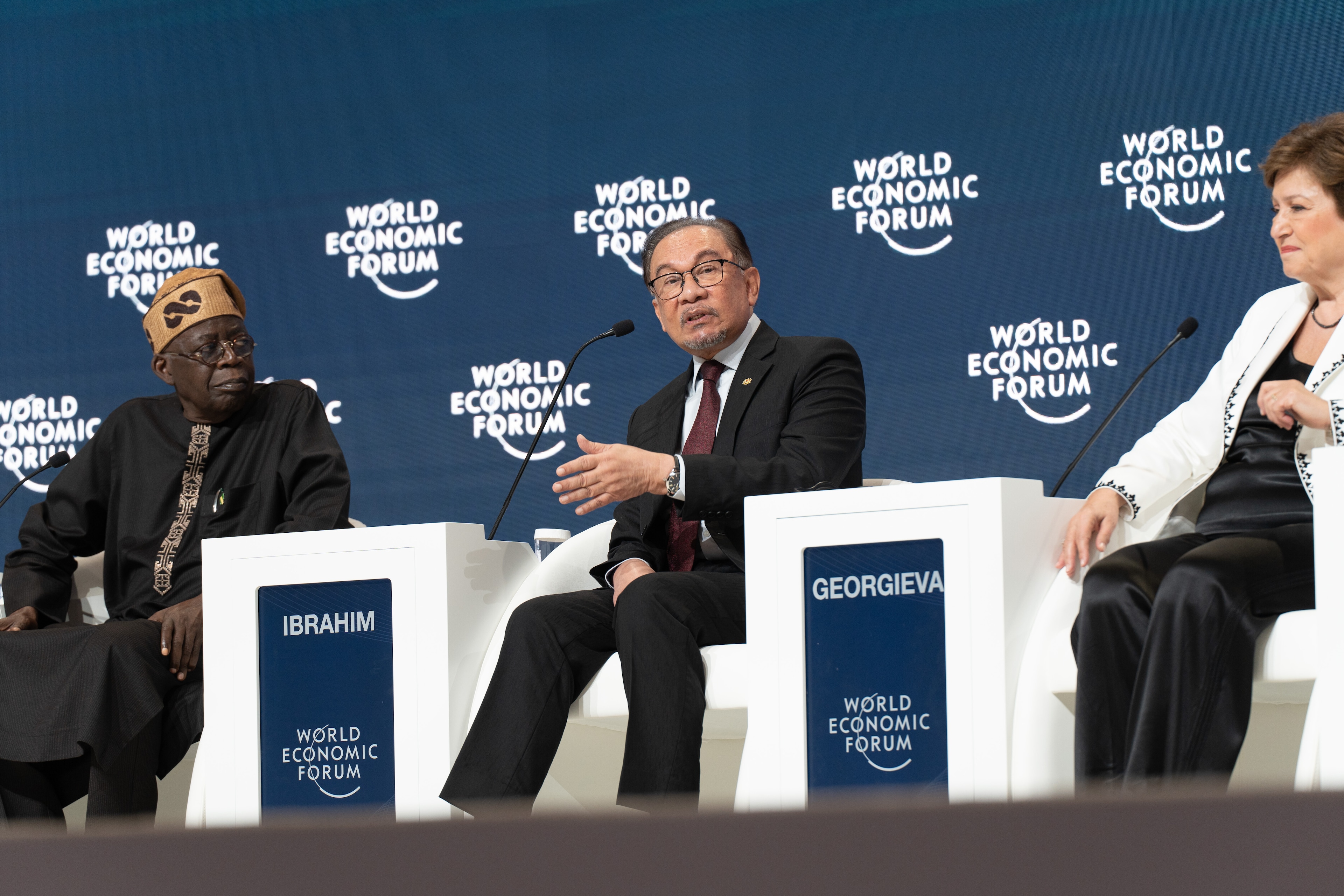Learning from educators around the world


Get involved with our crowdsourced digital platform to deliver impact at scale
Stay up to date:
Education
“Our schools are like factories from the industrial era, but the skills needed now are very different, like being able to collaborate, problem solve, and think critically about things,” says Lori Nazareno, a leader in teacher-led school redesign efforts. “Every country has its own way of doing things, but we can learn from other places. How is the profession structured elsewhere? How are schools structured? It’s another way to uncover how teachers get really good at their craft.”
Teachers have long come from abroad to learn from educators in schools and universities in the U.S. “But there has to be reciprocity. We have just as much to learn from them as they have to learn from us,” says Nazareno. A veteran teacher with 25 years of classroom experience, she is currently a Teacher Leader in Residence with the Center for Teaching Quality.
Nazareno was one of the organizers of an international gathering of educators inWashington D.C., in November, sponsored by the Gates Foundation and the Sutton Trust, based in London. The Summit on Feedback and Improving Teacher Practice brought together 80 educators from Australia, Canada, Finland, Holland, Hong Kong, New Zealand, Singapore, the United Kingdom, and the United States. An advisory group of 15 teachers helped shape the goals and content of the convening.
The summit was designed to share practices and tools for feedback, reflection, and collaboration and to talk about ways to create systems in which opportunities for improvement become the norm. Before the summit,CTQ’s Global Collaboratory, a platform for teacher leaders from around the world, provided online space for participants to share ideas and get to know each other, a process that continues now that participants are back home. Strategies and tools were shared, discussed, and improved upon during the summit in an iterative, collaborative process that drew on the collective wisdom of participants are now being further refined online. Subject areas range from collaborative learning cycles to building a school culture of trust and team teaching. Once specific tools are finalized, they’ll be piloted by summit participants in their classrooms, and shared with other educators.
Nazareno says she found many similarities in teaching practices among participants, but there were also big differences. “The most striking differences were around the systems and the structures for the spread of expertise,” she says, “for making it possible for those things we know enhance practice and help teachers improve, like the opportunity to receive and reflect on feedback, collaborate, and visit other classrooms.”
Finland has a process for teacher training, for instance, that pairs four student teachers with a master teacher-mentor. The student teachers watch the master teacher teach and later discuss what they saw and learned before trying it out themselves. The student teachers are, in turn, observed in the classroom by the master teacher and receive additional feedback. It is a practice-feedback-reflection loop built into the system of teacher training in Finland.
“In the U.S., you have to know to do that and carve out the time for yourself,” says Nazareno. “It isn’t systematic in most schools and districts. If you have 45 minutes, are you going to plan a lesson or watch another teacher, or are you going to do what you have to do for tomorrow? Quality instruction means having the time.”
This article is published in collaboration with The Bill & Melinda Gates Foundation. Publication does not imply endorsement of views by the World Economic Forum.
To keep up with the Agenda subscribe to our weekly newsletter.
Author: Kathryn Hunt is an education writer based in Washington.
Image: A teacher gives a lecture at a cram school in a Goshichon. REUTERS/Lee Jae-Won.
Don't miss any update on this topic
Create a free account and access your personalized content collection with our latest publications and analyses.
License and Republishing
World Economic Forum articles may be republished in accordance with the Creative Commons Attribution-NonCommercial-NoDerivatives 4.0 International Public License, and in accordance with our Terms of Use.
The views expressed in this article are those of the author alone and not the World Economic Forum.
The Agenda Weekly
A weekly update of the most important issues driving the global agenda
You can unsubscribe at any time using the link in our emails. For more details, review our privacy policy.
More on Education and SkillsSee all
Gayle Markovitz and Kate Whiting
May 2, 2024
Jean-Claude Brizard
May 1, 2024
Adam Gavin
April 30, 2024
Pedro Rocha e Mello, Anurit Kanti, Rita Lousa and Shankar Keshav Prasad
April 30, 2024






